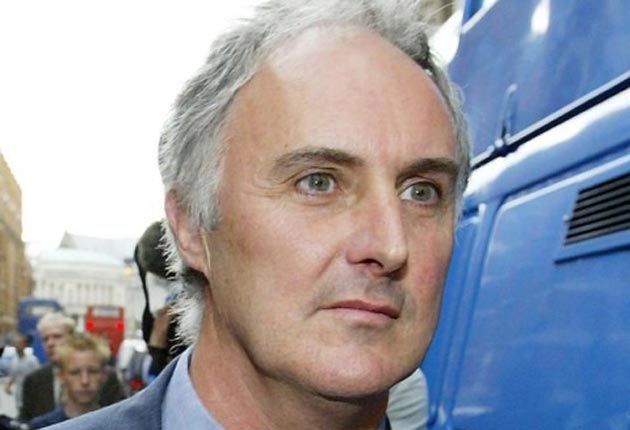Controversial child doctor could be struck off for a second time

Britain's most controversial expert in child protection will this week face a disciplinary hearing before the General Medical Council that could see him struck off for a second time.
Professor David Southall, regarded as a pioneer in the detection of child abuse by his supporters but as a dangerous doctor who ripped families apart by his detractors, is also the subject of a Channel 4 film to be broadcast next month that explores one of the longest and most emotionally charged battles in British medical history. Meanwhile, a working group of the GMC is to produce new guidance for doctors involved in child protection – regarded as the toughest job in medicine, where both intervening and not intervening can lead to tragedy. A draft version of the guidance is due to go out for consultation in the summer.
The developments will focus attention on how the abuse of children can be prevented in Britain in the 21st century. Two children die each week, often murdered by their parents, and hundreds of others endure physical and sexual assaults leading to long-term harm.
There are few crimes to equal abusing a child, but one is falsely to accuse a parent of committing such a crime. The dilemma faced by paediatricians working in child protection is how to steer a course between wrongly diagnosing abuse while avoiding missing it altogether. Dr Southall, formerly a consultant paediatrician at the North Staffordshire hospital in Stoke-on-Trent, was struck off the medical register in 2007 after being found guilty of serious misconduct for allegedly accusing a mother of drugging and murdering her 10-year-old son, who died in 1996.
He had denied the mother's claim that he had accused her of murder, insisting that he had raised it as one possible scenario to explain her son's death. His account was backed up by a social worker who had been present during the interview, but the GMC panel chose to believe the evidence of the mother. It concluded Dr Southall had an "attitudinal problem" and that this, combined with his "lack of insight into the multiplicity" of his failings, made erasure from the medical register necessary. But, in May last year, the High Court overturned the GMC's decision, arguing it was based on "flawed" reasoning, and Dr Southall was restored to the register. However, the GMC had also found that Dr Southall had breached patient confidentiality and kept special case files separate from the main hospital records. The High Court instructed the GMC to resolve these issues, and the hearing, which could lead to Dr Southall being struck off again, has been adjourned three times owing to the illness of a panel member and is now due to resume on Wednesday.
The GMC's original decision to strike Dr Southall off the register alarmed the paediatric community because it appeared to demolish a key part of their defence against false accusations – the presence of an independent professional witness.
The Royal College of Paediatrics said "nothing should deter professionals from acting in the best interests of vulnerable children" and that "cases such as this have caused considerable concern in the paediatric community".
The GMC responded by announcing an expert group "to review the guidance for paediatricians who practise in this critically-important area of healthcare", chaired by Lord Justice Thorpe, a family court judge.
Join our commenting forum
Join thought-provoking conversations, follow other Independent readers and see their replies
Comments
Bookmark popover
Removed from bookmarks